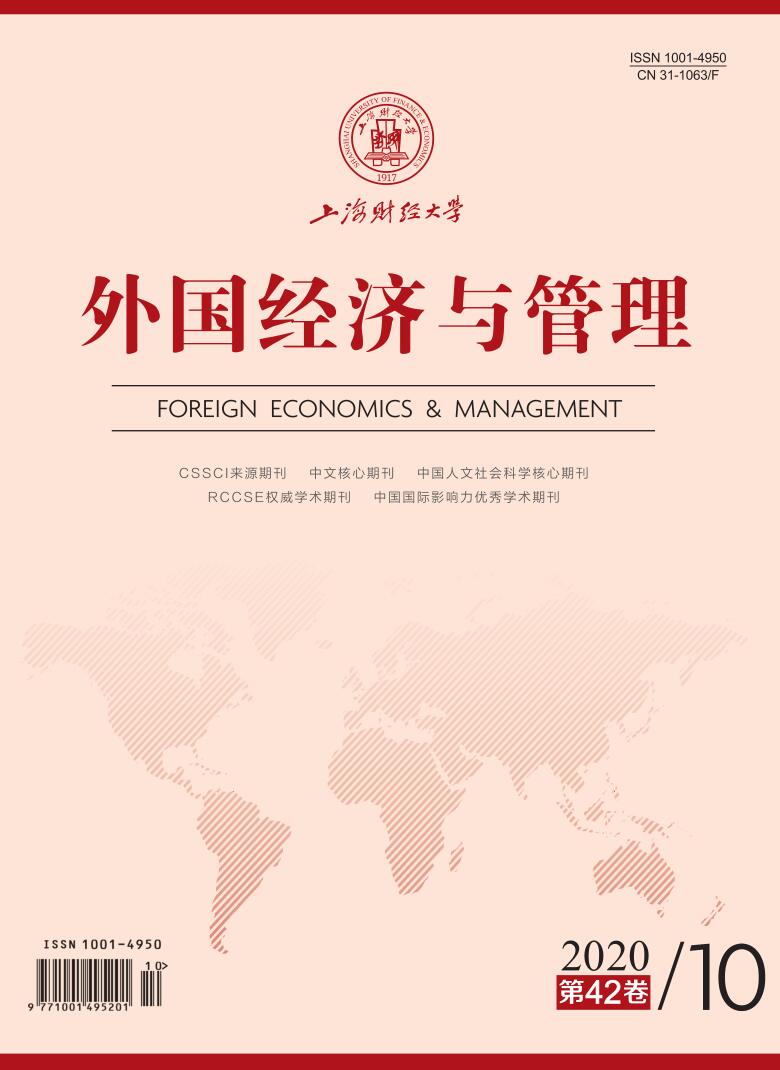In emerging markets, good perception of policy information is an important way for private enterprises to capture the direction of government reform and deal with environmental uncertainty. In recent years, many private enterprises have set up grass-roots Party branches. These Party branches with political attributes have effectively helped private enterprises to realize their embeddedness into the political system. Based on the signaling theory, this study uses the survey data of China’s private enterprises to investigate the effect of Party branches on the perception of policy information and investment behavior of private enterprises. The empirical results show that as an important form of institutional embeddedness in the context of China, Party branches are conducive to strengthening the communication between the government and private enterprises, and thus making private enterprises learn and grasp policy information more timely and accurately, that is, Party branches play a bridge role in policy transmission between the government and enterprises, thus significantly enhancing the policy perception ability of private enterprises. Moreover, the above positive effect is particularly prominent in the market underdeveloped areas and non-political related enterprises. Further test reveals that Party branches stimulate the new investment of private enterprises through promoting policy perception, especially long-term oriented innovation investment. This study deepens the understanding of the logic of investment decision-making of private enterprises from the perspective of institution.
The existing literature mainly discusses the positive role of institutional embeddedness on enhancing legitimacy, facilitating resource access and promoting charitable donation of private enterprises. Different from those articles, this study reveals the unique role of institutional embeddedness on improving policy perception of private enterprises, which guides and optimizes corporate investment decision-making. It deepens the theoretical cognition of institutional embeddedness and its economic consequences in emerging markets. Furthermore, this study also enriches the literature about the relationship between the government and enterprises. At present, the academia tends to study the impact of macro policies of the government on micro enterprises’ investment behavior, but ignores the important role of enterprises’ ability of policy perception. This study empirically tests the mediating effect of policy perception on the relationship between Party branches and investment behavior of private enterprises. From the perspective of practice, this study also shows that the government should strengthen the propaganda and interpretation of macro policy information to micro economic units, which is of great significance to stabilize the investment expectation and confidence of private entrepreneurs, and thus promote high-quality economic development.






 9972
9972  5589
5589

